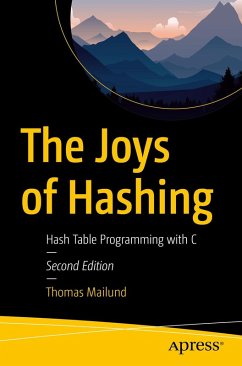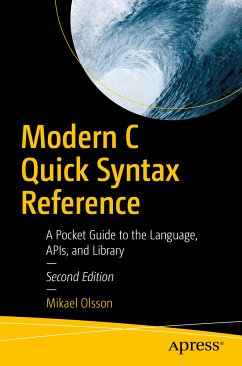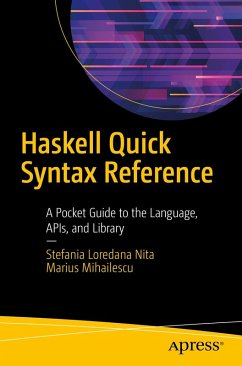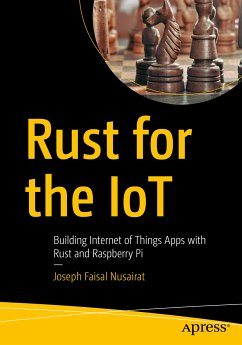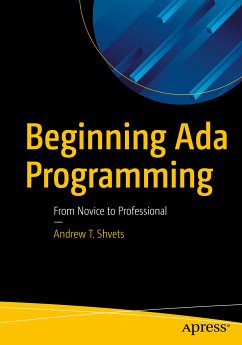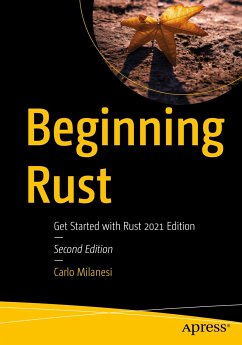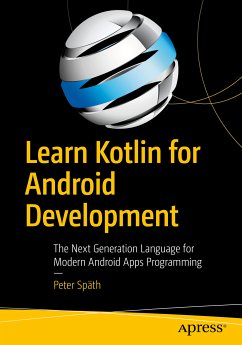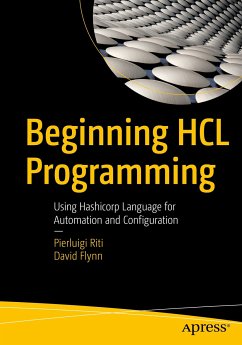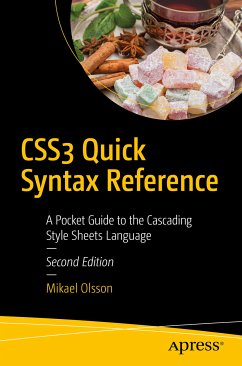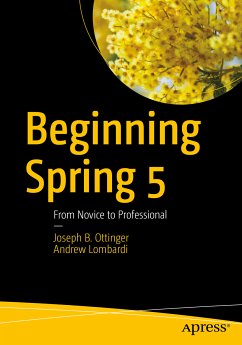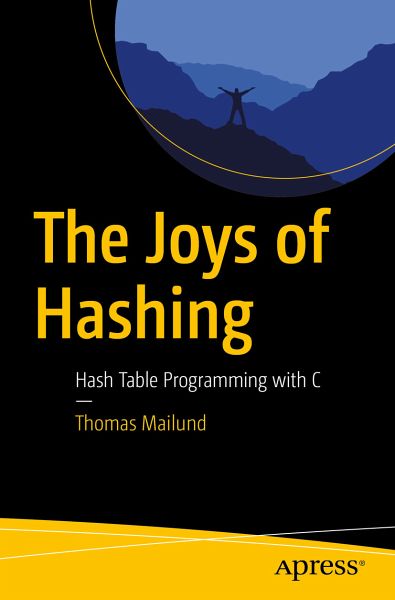
The Joys of Hashing (eBook, PDF)
Hash Table Programming with C

PAYBACK Punkte
18 °P sammeln!
Build working implementations of hash tables, written in the C programming language. This book starts with simple first attempts devoid of collision resolution strategies, and moves through improvements and extensions illustrating different design ideas and approaches, followed by experiments to validate the choices. Hash tables, when implemented and used appropriately, are exceptionally efficient data structures for representing sets and lookup tables, providing low overhead, constant time, insertion, deletion, and lookup operations. The Joys of Hashing walks you through the implementation ...
Build working implementations of hash tables, written in the C programming language. This book starts with simple first attempts devoid of collision resolution strategies, and moves through improvements and extensions illustrating different design ideas and approaches, followed by experiments to validate the choices.
Hash tables, when implemented and used appropriately, are exceptionally efficient data structures for representing sets and lookup tables, providing low overhead, constant time, insertion, deletion, and lookup operations.
The Joys of Hashing walks you through the implementation of efficient hash tables and the pros and cons of different design choices when building tables. The source code used in the book is available on GitHub for your re-use and experiments.
What You Will Learn
- Master the basic ideas behind hash tables
- Carry out collision resolution, including strategies for handling collisions and their consequences for performance
- Resize or grow and shrink tables as needed
- Store values by handling when values must be stored with keys to make general sets and maps
Who This Book Is For
Those with at least some prior programming experience, especially in C programming.
Dieser Download kann aus rechtlichen Gründen nur mit Rechnungsadresse in A, B, BG, CY, CZ, D, DK, EW, E, FIN, F, GR, HR, H, IRL, I, LT, L, LR, M, NL, PL, P, R, S, SLO, SK ausgeliefert werden.
Alle Preise in Euro und inkl. der gesetzl. MwSt. | Innerhalb Deutschlands liefern wir preisgebundene Bücher versandkostenfrei. Weitere Informationen: bitte hier klicken
Support
Bitte wähle dein Anliegen aus:
Rechnungen
Bestellstatus
Retourenschein
Storno



